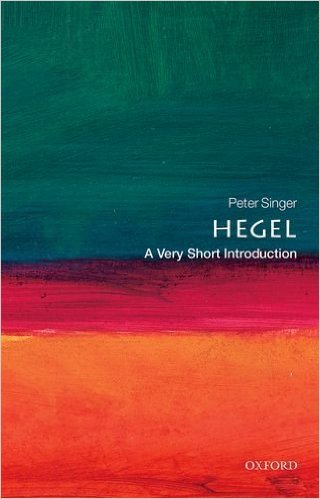What do you think?
Rate this book


131 pages, Paperback
First published January 1, 1983
...to put it exactly as Hegel does, art and religion are different ways in which the absolute idea comprehends itself . (That it is self-comprehension that is involved follows from the fact that human beings are part of the absolute idea.) Philosophy, too, is a way of comprehending the absolute idea, but it is a higher form than art or religion because it grasps it conceptually, and consequently understands not only its own form of comprehension, but the aesthetic and religious forms as well. It is of the essence of the absolute idea to manifest itself in distinct, limited forms, and then to return to itself.(118)